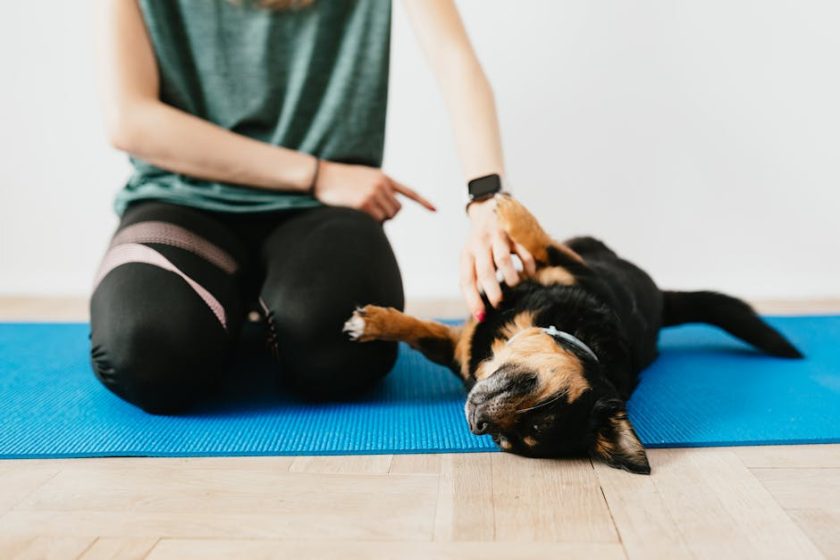Training your dog is not just about teaching them commands; it's about fostering a deep bond of trust, communication, and respect. Effective dog training can transform your furry companion into a well-behaved, obedient member of your family, enhancing your overall relationship and creating a lifetime of joy.
**Understanding Your Dog's Nature**
Before embarking on the training journey, it's essential to understand your dog's natural instincts and behavior. Dogs are pack animals with a strong desire for leadership and guidance. They thrive on routine and predictability, making consistency crucial in their training. Positive reinforcement methods, such as treats, praise, and play, are far more effective than punishment-based techniques.
**Setting Realistic Goals**
Start with achievable goals that are tailored to your dog's age, breed, and temperament. Focus on basic obedience commands such as sit, stay, come, and heel. As your dog masters these commands, gradually increase the difficulty and introduce new challenges. Remember, training is an ongoing process that requires patience, consistency, and plenty of treats!
**Establishing a Training Routine**
Consistency is key to successful dog training. Establish a regular time and place for training sessions, even if it's just for a few minutes each day. Keep the sessions short and engaging to maintain your dog's focus. Gradually increase the length and intensity of the training as your dog progresses.
**Positive Reinforcement: The Key to Success**
Positive reinforcement is the backbone of effective dog training. Rewarding your dog with treats, praise, or play immediately after they perform the desired behavior reinforces the connection between the action and the reward. This encourages your dog to repeat the behavior in the future. Avoid punishment-based techniques, as they can damage the bond between you and your dog and create fear or aggression.
**Socialization: A Vital Aspect of Training**
Socialization is crucial for well-rounded dogs. Expose your dog to different people, animals, and environments from a young age. This helps them develop confidence, reduces fear, and prevents behavioral problems later in life. Enroll your dog in puppy socialization classes or organize playdates with other friendly dogs.
**Advanced Training and Specialization**
Once your dog has mastered the basics, you may consider advanced training such as agility, obedience trials, or specialized skills like search and rescue. These activities provide mental and physical stimulation, strengthen your bond, and open up new avenues for enjoyment and companionship.
**Conclusion**
Dog training is a rewarding journey that strengthens the bond between you and your furry friend. By understanding your dog's nature, setting realistic goals, establishing a consistent routine, employing positive reinforcement, socializing your dog, and considering advanced training, you can unlock your dog's hidden potential and create a lifetime of happy and fulfilling companionship.

